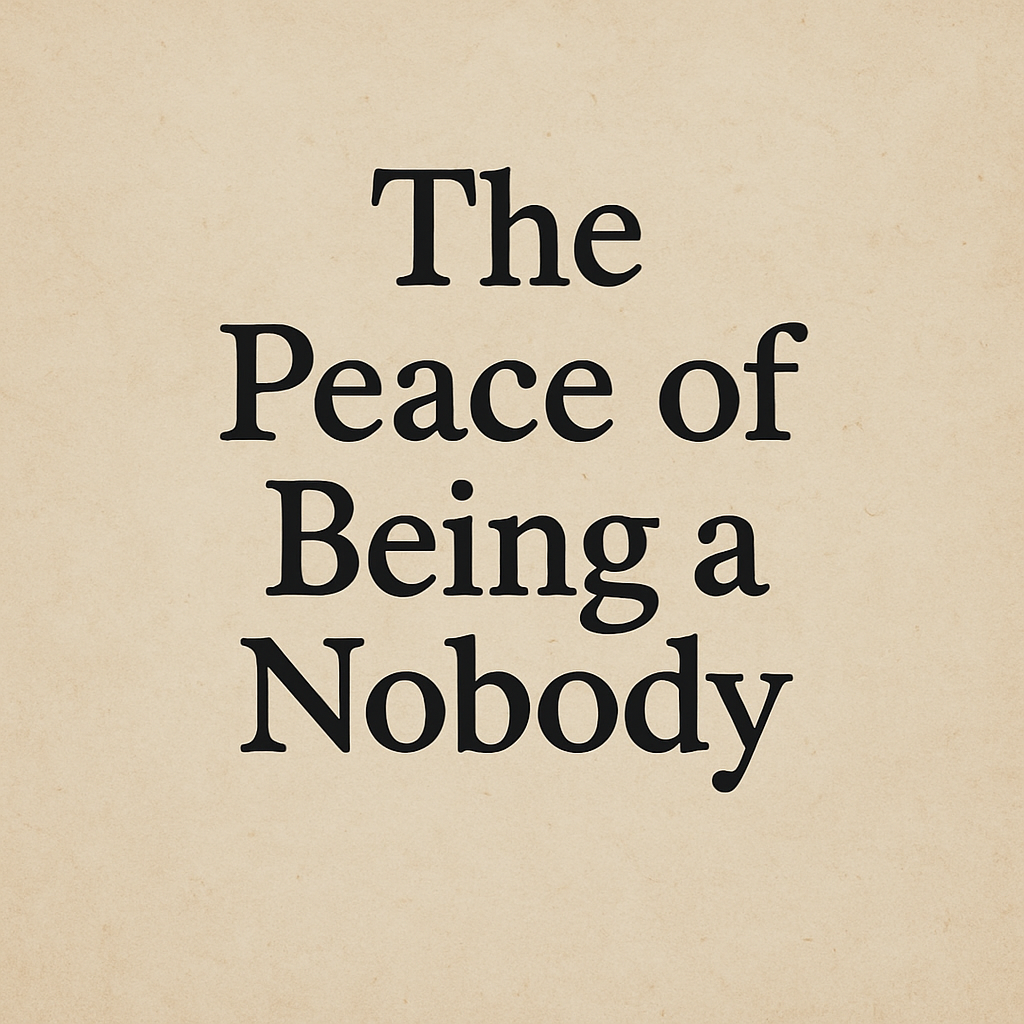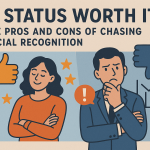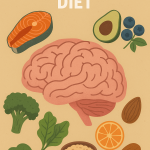In a world obsessed with fame, status, and validation, there’s a quiet, radical truth many are rediscovering: the peace of being a nobody. This might sound like settling for less, but it’s actually the opposite. When you stop trying to be “somebody,” you start to live authentically, with presence, clarity, and profound joy. The peace of being a nobody isn’t about failure—it’s about freedom, and in this post, we’ll explore how choosing obscurity can lead to inner peace, stronger mental health, and a more meaningful life.
What Does It Mean to Be a “Nobody”?
Redefining “Nobody” in a Positive Light
Let’s first clear up the cultural baggage around the word. “Nobody” often implies insignificance. But here, being a nobody means detaching from ego-driven ambitions. It means being content without recognition, success, or approval from the outside world. It’s the conscious decision to stop performing for others and start living for yourself.
When we’re caught in the trap of proving ourselves, we often become actors in a play we didn’t audition for. But what happens when you step off the stage?
The Power of Non-Attachment
The idea of being a nobody is deeply rooted in spiritual traditions. In Buddhism, non-attachment to identity or outcome is a central tenet. Similarly, Christian mystics like Thomas Merton wrote about the “selfless self,” a state where the ego is quiet, and divine peace flows in.
The Science Behind Peace and Ego Dissolution
Studies on Ego and Mental Health
A 2016 study published in Nature Reviews Neuroscience examined how over-identification with the self (ego) contributes to mental health issues, including anxiety and depression. Conversely, practices that reduce ego—like meditation or acts of service—have been shown to increase wellbeing, reduce stress, and boost emotional resilience.
Another study in Frontiers in Psychology (2020) found that individuals who scored low on ego-involvement reported significantly higher life satisfaction and lower cortisol levels—a biological indicator of stress.
These studies support the premise that letting go of ego leads to a quieter, more peaceful life.
Why the Peace of Being a Nobody Is So Rare Today
Our Culture Glorifies Visibility
From Instagram likes to LinkedIn promotions, we’re wired to chase validation. Being “seen” is equated with being worthy. But this addiction to visibility creates a baseline anxiety. When your identity depends on the approval of others, your peace is always at risk.
In contrast, those who embrace being a nobody aren’t trying to maintain a persona. They’re living in real-time, rather than constructing an image.
The Trap of “Always More”
The relentless pressure to succeed, build a brand, or hustle harder is exhausting. It leads to burnout, imposter syndrome, and chronic dissatisfaction. But stepping away from this treadmill—by being content with simplicity—frees up your energy for joy, creativity, and connection.
The Benefits of Being a Nobody
1. True Freedom
When you’re not tied to a social identity or image, you’re free to be fully yourself. You don’t need to impress anyone. You make decisions based on your values, not external expectations.
“To be nobody but yourself in a world which is doing its best, night and day, to make you everybody else — means to fight the hardest battle which any human being can fight.” – e.e. cummings
2. Greater Presence
Being a nobody allows you to live in the moment. You’re not strategizing your next move or curating your life for an audience. You can slow down and savor your experiences.
3. Stronger Relationships
Authenticity breeds deeper connections. When you’re not trying to prove your worth, you attract people who value you for who you really are—not for what you’ve achieved or what you post online.
4. Enhanced Mental Health
Reducing ego pressure lowers stress and anxiety. You’re no longer playing a never-ending game of comparison, which often leads to depression and self-doubt.
Real Stories of Embracing Obscurity
The Hermit Who Found Joy
Christopher Knight, known as the “North Pond Hermit,” lived in the Maine woods alone for 27 years. Though his lifestyle was extreme, many were fascinated by his account of peace, clarity, and spiritual quietude. He reported that his senses were sharper, his thoughts clearer, and his joy greater than at any point in the “normal” world.
Famous Figures Who Chose Obscurity
- J.D. Salinger, author of The Catcher in the Rye, became reclusive at the peak of his fame.
- Dave Chappelle walked away from a $50 million TV deal to seek meaning outside the spotlight.
- Thich Nhat Hanh, a global spiritual leader, emphasized “being nobody, going nowhere” as the path to enlightenment.
Each made a conscious decision to step back from visibility in pursuit of something deeper.
How to Practice the Peace of Being a Nobody
1. Audit Your Identity Attachments
Ask yourself: What do I think I need to be seen as successful? Then consider what would happen if you let go of that.
Start small. Maybe it’s not posting on social media for a week. Maybe it’s letting someone else take credit. Experiment with not needing recognition.
2. Embrace Stillness
Silence and solitude are where the ego loses power. Even 10 minutes of daily stillness can begin the process of unhooking from identity-based stress.
Meditation apps like Headspace and Insight Timer are great starting points.
3. Serve Without Credit
Do something kind that nobody will know about. Volunteer anonymously, give a compliment, or send a gift without a name attached. The more you detach from reward, the more you build peace.
Redefine Success
Instead of measuring your worth by productivity or applause, ask: Am I aligned with what truly matters to me? Often, inner peace is the most underappreciated form of success.
Challenges You Might Face—and How to Handle Them
Fear of Being Forgotten
This fear is deeply human. But remember: your value isn’t determined by your visibility. People who matter don’t need reminders. And those who forget? Likely weren’t your people.
Internal Resistance
Your ego will fight back. You may feel restless or even irrelevant. That’s okay. Ego death isn’t a switch—it’s a process.
Journaling, therapy, and spiritual practices can support you through this transition.
The Paradox: When You Stop Trying to Be Somebody, You Become Somebody Real
Here’s the twist. When you embrace being a nobody, you become more real, more grounded, and ironically—more impactful. People are drawn to authenticity. The less you perform, the more magnetic you become.
Final Thoughts: A Quiet Revolution
The peace of being a nobody is a quiet rebellion in an age of hyper-visibility. It doesn’t mean you stop dreaming or creating—it means you stop needing an audience to validate your existence.
In letting go of being “somebody,” you reclaim your soul. You remember that your essence was always enough. And in that truth, you find peace.
Key Takeaways
- Focus keyphrase: The peace of being a nobody
- Letting go of ego improves mental health, relationships, and life satisfaction.
- You don’t need to disappear—you just need to stop performing.
- Studies support that ego detachment lowers stress and enhances wellbeing.
- Real success comes from inner alignment, not outer applause.
- Link the Nature Reviews Neuroscience study:
“A 2016 study published in Nature Reviews Neuroscience…” - Link Thich Nhat Hanh’s work:
“Explore Thich Nhat Hanh’s concept of ‘being nobody’ in his book The Art of Living.”



